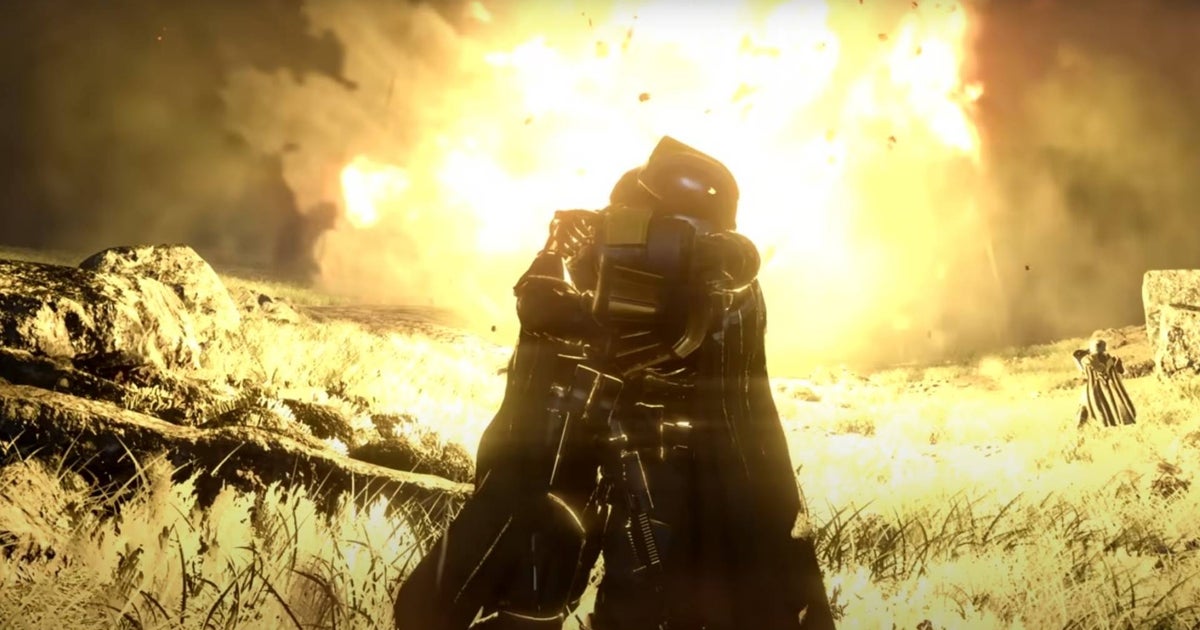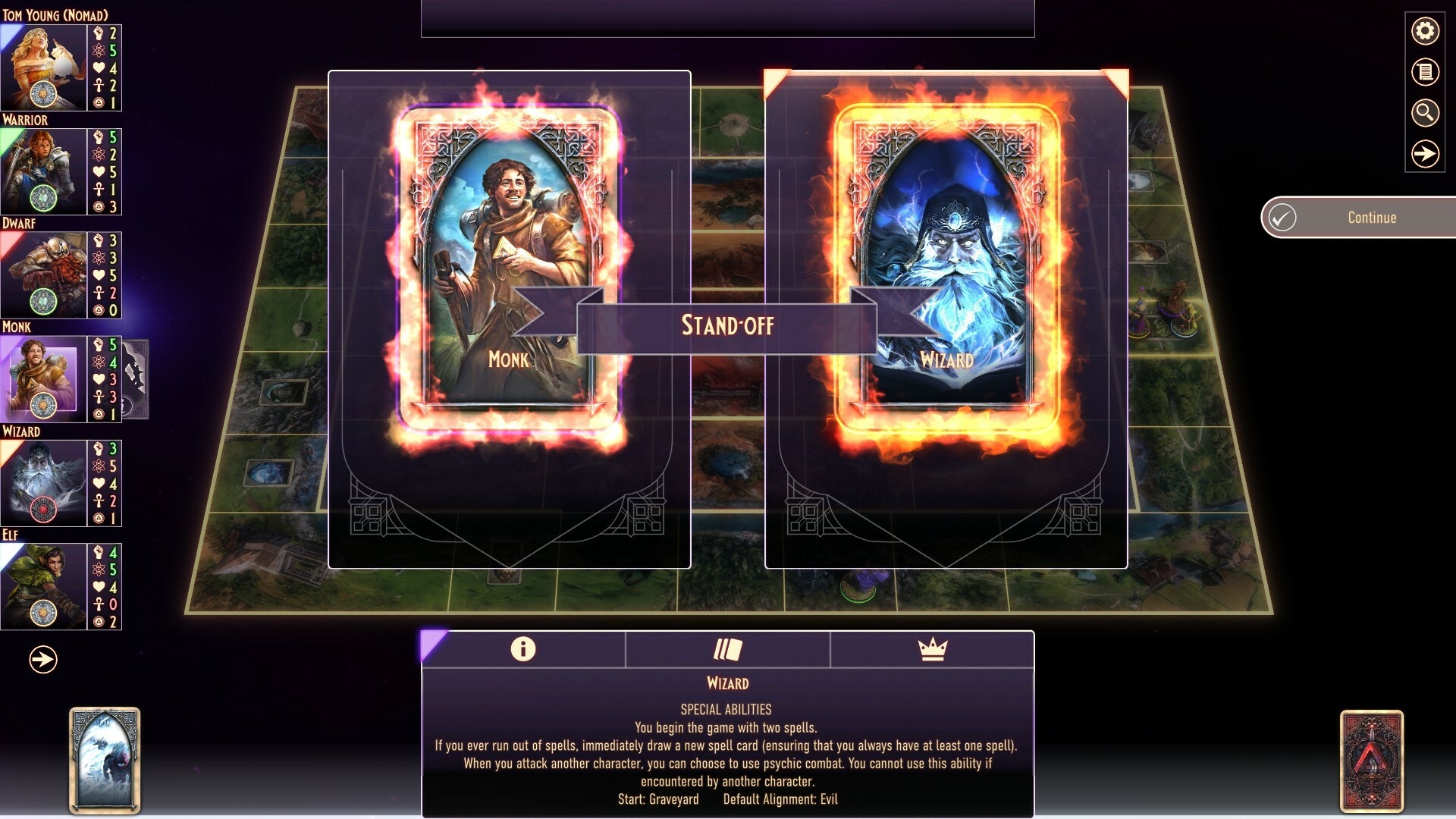news culture From Tolkien’s Lord of the Rings to The Rings of Power, the series: are elves really immortal?
Whatever one may think of the new Lord of the Rings-inspired series, its critically acclaimed and well-watched launch on Amazon Prime Video has had the merit of bringing Tolkien’s work back to prominence. Not only its most famous stories, but all its mythology, essential to understand the peculiarities of this universe that fascinates us so much!
The start of the series Rings of Power has drawn a very wide audience to explore Tolkien’s world through other works The Hobbit or Lord of the Rings. And although The Silmarillion is undoubtedly the most important work of all to deepen your knowledge of the making of Tolkien’s world, You really need to learn from all of the author’s stories if you want to better understand the laws that govern this universe. One of the most interesting questions about the peoples of Arda is this question that comes up regularly: Are the elves really immortal?
summary
- The firstborn, immortal beings?
- Death to the elves!
- Do elves really die?
- The rejection of immortality
The firstborn, immortal beings?
There are indeed many things that can mislead us on this subject, the doubt being perpetuated by the fact that the question is actually more complex than it seems. in the The Silmarillion
We didn’t have a word for death because we thought our joys would never end. We thought our light would never go out.


And yet the elves are not eternal and will disappear sooner or later. The manner in which many of them perish is clearly explained even by Tolkien in his works. It should already be understood that in addition to their exceptional longevity Elves are not susceptible to the same ailments as humans and that their disappearance can only occur under very specific circumstances.

Death to the elves!
But how can the firstborn die? The real danger for elves is sustaining a wound severe enough not to recover.. If they can recover from wounds that would kill a human, they can still be knocked down and killed in battle. Many of the heroes of Elvish origin drew their last breath on the battlefields they faced against the darkspawn that Morgoth and his servant Sauron had sent across the ages of Middle-earth.
And what about these Elves who were tortured and corrupted by Morgoth until they became those called Orcs

There is, however, another mortal danger to the Elders of the Children of Ilúvatar. Tolkien actually points this out Elves can sometimes be overcome with such deep melancholy or such insurmountable sadness that they end up “dying of grief”. and see her spirit being led to the Caves of Mandos…
Do elves really die?
Here we can ask ourselves whether we really have to speak of “death”. When an Elf’s spirit is sent to the Caverns of Mandos, it is purified and enters a cycle of reincarnation. It will eventually come to an entirely immaterial form. and becomes invisible to mortal eyes.
Most Elves cannot die of old age or disease under any circumstances. They have practically no effect on them. The Elves are also particularly struck by the great fragility of other races, particularly the “mortal men doomed to die”, who are susceptible to so many evils that cannot affect an Elf’s life. Their life cycle differs from that of humans, the elves simply stop aging after well over a hundred years and travel to the immortal lands to the west


The rejection of immortality
Elves spared from grief or mortal injury eventually sail west to reach the shores of Valinor, the immortal lands of the blessed realm of Aman. From there we better understand to what extent Galadriel’s (temporary) refusal to reach Valinor in the series Rings of Power may seem unthinkable for Elves, starting with High King Gil-galad, but so does Elrond.

The case of Elrond is all the more interesting because as a half-elf he had the right to choose between the fate of elves and that of humans. And if he chooses immortality, his brother Elros chose instead to renounce it and became the first king of Númenor under the name of Tar-Minyatur alongside the Edain (those among the humans who had fought against the armies of Morgoth in the First Age). The Isle of Númenor was offered to them by the Valar as a reward, and from Elros descended the line of Númenorean kings.


The examples of Elves rejecting immortality remain very rare in Tolkien’s work anyway. The legends speak of Luthien Tinúviel, who agreed to become mortal in order to bring Beren back to life by singing a song so beautiful and sad it moved Mandos. A fate that will also follow Arwen Undomielthe daughter of Elrond who also sacrificed her immortality for love of Aragorn.

Table of Contents








